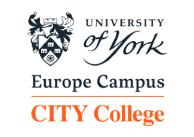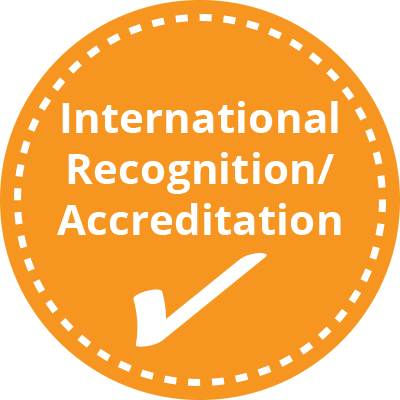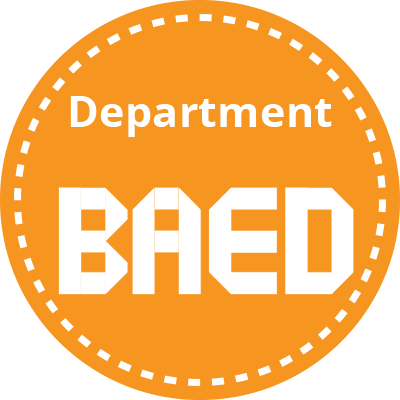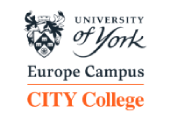Business Analytics and Decision Sciences - MSc

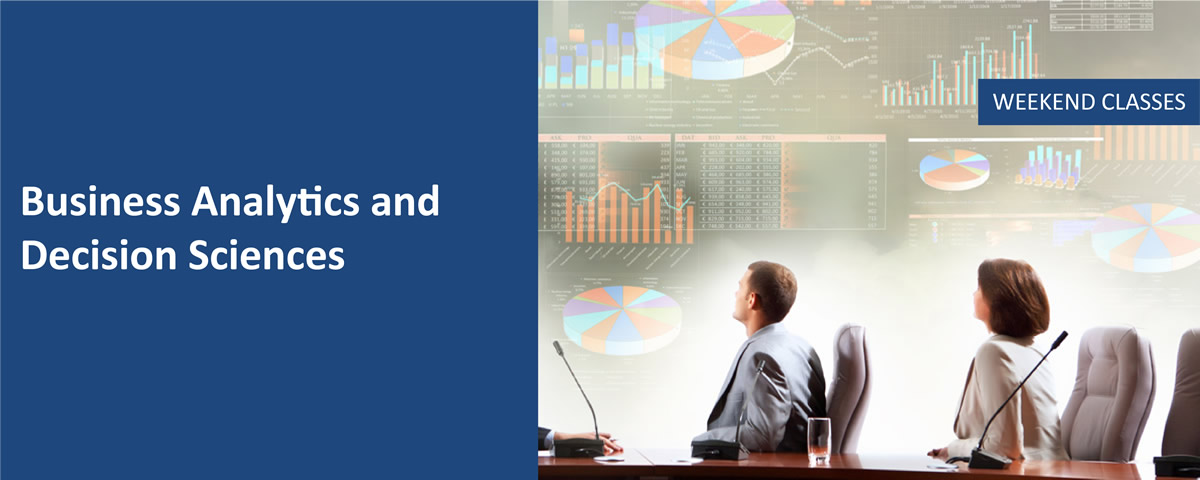
Degree title: Master of Science in Business Analytics and Decision Sciences.
The title is awarded directly by the University of York.
Duration: 1 year (full time) or 2 years (part time)
Weekend mode/Blended: The majority of the modules (six out of eight) will be delivered on campus over six weekends (Friday evening, Saturday and Sunday) during the academic year and two modules will be delivered online (synchronous).
Language of instruction: English
Fees (Scholarships)
We encourage you to take advantage of our Scholarships scheme to save on tuition fees and secure your spot.
For more information, please fill in the form above or call us at (+30) 2310-224026.
The programme
The MSc in Business Analytics and Decision Sciences will provide a unique exposure to current business opportunities, challenges and developments in the area of Business Analytics, Big Data Management and Decision Sciences.
The programme will equip students with the highly sought analytics skills and prepare them to solve challenging and complex business problems and make optimised decisions in the big data driven environment. More specifically, the programme will provide the latest analytics tools to analyse and interpret data, forecast future trends and optimise courses of action.
Why choose this course?
-
Degree from one of the world’s top universities, the University of York.
-
High demand for professionals: increasing importance of data-driven decision-making in the business world. Graduates in this field are in high demand across industries and can command competitive salaries
-
Versatile skillset: diversifying set of skills including data analysis, forecast, automate and streamline decision, and optimise courses of action which can be applied in various industries and job roles
-
Solving complex business problems: students are provided with the tools and techniques to solve complex business problems by analysing and interpreting data. This helps the companies to make better informed-decisions and improve their performance
-
Career advancement: opens up opportunities for career advancement, including senior management positions in data-driven organisations. Graduates will be able to exercise their skills and knowledge in so many different sectors like finance, management, marketing, logistics, healthcare, shipping, etc.
-
Growth potential: the field of Business Analytics and Decision Sciences is constantly evolving. New technologies and techniques are emerging regularly. This creates opportunities for professionals to continue learning and growing their skills throughout their careers.
-
Unique Learning & Teaching Experience: most of the courseworks are practice-based. Expert teaching team, comprised of seasoned academics and industry experts with experience. Student-center environment: personal tutoring and support, smooth transition to the UK educational system, supportive classes when needed.
-
Industry placement: unique opportunity for students to embark their career during their studies.
-
A pathway to a successful career in Europe and abroad.
More reasons why:
-
Supportive learning environment with a wide range of support services available to students.
-
Free participation in sports and clubs activities.
- Our state of the art library, the Information and Learning Commons (ILC) fully supports our students’ study experience.
- Business Strategy and Analytics
- Programming for Business Analytics
- Big Data Management, Processing and Visualisation
- Data Analytics for Decision Making
- Applied Statistics
- Project and Risk Management
- Digital Marketing Analytics
- Research Methods for Business
- Dissertation /Research Project
Business Strategy and Analytics
This unit examines contemporary strategy frameworks along with business models and how data is used to form and evaluate strategic decisions. The focus will range from traditional large corporations to start-up ventures and examples will be used from various business functions including operations, marketing, finance, strategic planning. The unit also considers privacy, security and ethics issues. ![]()
Programming for Business Analytics
Business analytics has come into the foreground in last decade or so. The proliferation of the internet and information technology has made analytics very relevant in the current business environment. Analytics is a field which combines data, information technology, statistical analysis, quantitative methods and computer-based models into one. The latter are combined to provide stakeholders with all the possible scenarios required to optimize their decision-making process. Under this context the purpose of this unit is to provide a clear understanding of the programming requirements for effectively integrating business analytics skills into the students professional profile. ![]()
Big Data Management, Processing and Visualization
This unit explores in detail a range of the most relevant topics that pertain to contemporary management, processing and visualization practices, technologies and tools for Big Data environments. Main aspects and challenges of Business Intelligence and Big Data will be addressed by introducing most of the relevant technology strands and considerations in the areas of data stores, data warehouses, data integration architectures, distributed storage & processing, decision support systems, data science fundamentals & advanced analytics. Additionally, this unit provides hands-on experience, among others, to cutting-edge software platforms for Business Intelligence & Analytics (Tableau) and Data Science & Machine Learning (RapidMiner). ![]()
Data Analytics for Decision Making
This is an integrative capstone unit that draws on the entire first semester of studies in order to equip students with the essential knowledge and tools to effectively translate data analytics into business value. It aims to develop their decision making (managerial) skills rather than train them as a data-science expert. Therefore, through this unit the students will get a perspective on how data models and techniques are used in practice. ![]()
Applied Statistics
This module is highly technical in nature, as it predominantly attempts to expose the quantitative aspects that people in the business profession must be acquainted with should they want to perform everyday tasks effectively. This course covers concepts and methods used in empirical business research. Topics include descriptive statistics, probability theory, tests of statistical significance, hypothesis testing and regression models. The emphasis of the course is on various empirical applications. ![]()
Project and Risk Management
This module provides an introduction to the theory and practice of risk management and an overview of project management. Risk management is a multidisciplinary field involving economics, mathematics, finance and computer science. Throughout the module, the students will have the opportunity to engage in hands-on exercises, case studies and simulations to apply project management and risk management concepts in practical scenarios. ![]()
Digital Marketing Analytics
Companies have access to an unprecedented volume and variety of marketing data through websites, social media and ad campaigns. In this unit students will learn how predictive analytics is used in digital marketing, how key performance indicators are set to evaluate what has happened in the past and learn how to provide an assessment of what will happen in the future. The ultimate objective is to form strategies to improve marketing campaigns and develop strategies for optimal performance and ROI. ![]()
Research Methods for Business
In the first semester this unit provides essential information on academic presentation, referencing, research and writing skills, different approaches to research and proposal preparation. In the second semester the unit examines a wide range of research methodologies, both qualitative and quantitative, with reference to their philosophical base and practical application in marketing & management. ![]()
Entry requirements
View the application and admission requirements of the programme.
How to apply
If you wish to apply for this programme you may view details of the application process.
Any questions?
If you'd like to know more about this programme, contact our Admissions Team at
admissions
The Business Administration & Economics Department (BAED) of CITY College, University of York Europe Campus aims at providing all students with an intellectually stimulating and supportive environment that allows them to acquire important skills and competencies for their professional and personal life.
Business matters at BAED. Our undergraduate and postgraduate courses in management related disciplines are designed to challenge students’ thinking and inspire them to develop the advanced knowledge and analytical skills they will need to succeed in business.
Our academics continually work with international, national and regional businesses as part of their research and use their experiences to make their teaching relevant and up-to-date.
More about the Business Administration & Economics Department
Research at the Business Administration & Economics Department
The academic staff of the Business Administration & Economics Department
Contact the Business Administration & Economics Department
Recognition and Careers
Accreditation and Recognition
CITY College is strongly committed to quality education and academic excellence. It is officially accredited and recognised by top international accreditation bodies. Read more
Degree and formal qualifications
The degree and formal qualifications our graduates receive.
For Greek graduates only: Recognition of degrees
Career opportunities
Graduates of the MSc in Business Analytics and Decision Sciences may be employed as consultants, decision modelling or data analysts, members of technical/analytics teams supporting the decision making of middle and top management in different sizes of organisation operating in diverse sectors.
Career, Employability and Enterprise Centre
The Career, Employability and Enterprise Centre, focuses on helping students to set attainable career goals. It offers advice on CVs and cover letters, and on how to effectively handle job interviews. Through career fairs, and different internship programmes, the department aims at constantly bringing students in contact with prospective employers.
Every spring we organize the Annual Career Fair presenting with an opportunity to get a first feel of job seeking. During the event students and alumni have interview opportunities with corporate recruiters and present their skills and abilities to potential employers. Large companies, organisations and multinationals from different industries across S.E. Europe participate every year in our Career Fair and offer employment and internship opportunities to our students and graduates.
More about our Career Services.
Contact the Career, Employability and Enterprise Centre at careers
The programme is taught by academic staff members who have extensive teaching and professional experience. Our academics continually work with international, national and regional businesses as part of their research and use their experiences to make their teaching relevant and up-to-date. The administration staff fully supports all processes of the department and provides a wide range of services to our students.

“Business Administration and Economics Department Staff are committed to a shared vision: to inspire people within the academic and the wider community. Our responsibility is to engage students to develop their knowledge and their skills in order to stand out for their integrity and ethos. Our main goal is to transfer our international experience, outstanding teaching, excellent research and real business networking to our students.”
Ms Aggeliki Papakonstantinou
Head of the Business Administration & Economics Department
The academic staff & administration staff of the Business Administration & Economics Department
